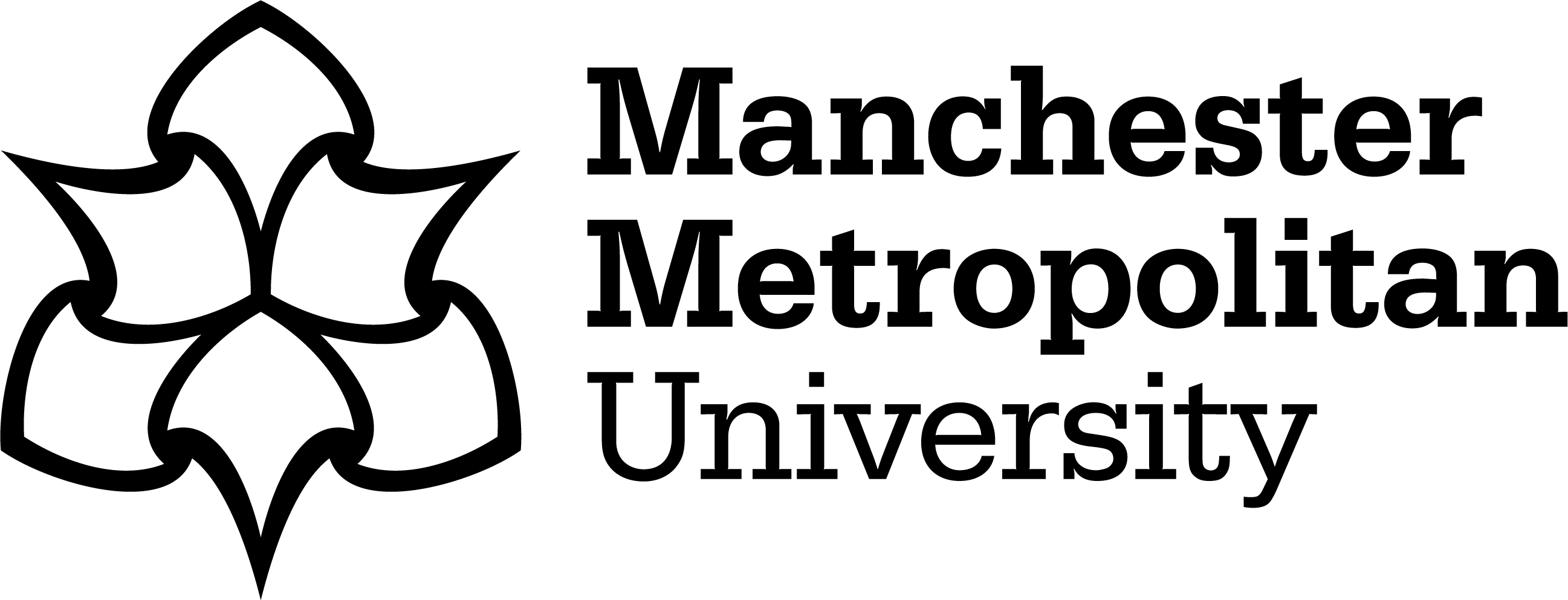- ...
Masters Compare - Find your perfect masters course.


We are seeking a highly motivated student for a fully funded PhD studentship to delve into the critical role of uterine smooth muscle (myometrium) contractions, essential for reproductive processes including sperm transport, menstruation, and childbirth, and contribute to ground breaking research in reproductive health.
The myometrium consists of three layers: inner (IM), outer (OM), and middle. The IM’s hormone-dependent contractions are crucial during the menstrual cycle, while the OM’s contractions are typically associated with labour. However, aberrant IM contractions can lead to benign gynaecological disorders such as adenomyosis, causing heavy menstrual bleeding, anaemia, pelvic pain, and infertility, affecting millions of women globally.
Despite their significance, little is known about OM contractions outside pregnancy or their role in gynaecological disorders. Neither IM nor OM has been deeply characterized at the cellular level. There is an urgent need for fertility-sparing treatments for these disorders. By understanding the role and regulation of myometrial contractions in both IM and OM, we aim to develop innovative strategies to treat and manage symptoms while preserving fertility.
If you are passionate about making a difference in women’s health and possess a strong academic background, apply now and join us in this pioneering research dedicated to advancing reproductive health.
The aim of this 3-year PhD project is to deeply characterise the functional and transcriptomic differences between the inner and outer layers of human myometrium in different physiological states (non-pregnant, pregnant and adenomyotic), to elucidate the mechanisms that contribute to uterine disorders such as adenomyosis and guide the development of next generation therapies.
The following broad objectives will be addressed:
This represents an opportunity to join the Faculty of Science and Engineering’s growing doctoral research community, committed to excellent research with impact. Successful applicants will be active researchers in our new state-of-the-art £117M labs and Dalton Building facilities and will be supported to develop their skills as independent researchers.
Talented and motivated students, passionate about doing research and advancing women’s health, are invited to apply for this 3-year PhD studentship. The successful applicant will have a strong background in biological science and expected to hold (or be about to obtain) a minimum 2:1 Honuors degree in a relevant discipline such as physiology, pharmacology, biomedical science, cell and/or molecular biology.
Experience in organ bath experiments with isolated tissues, qPCR, protein detection or bioinformatics would be an advantage, but all training will be provided.
We welcome applicants from all suitable qualified candidates and particularly encourage applications from underrepresented groups.
The project will be hosted within the Department of Life Science at The Manchester Metropolitan University supervised by Dr Sarah Arrowsmith and Dr Michael Carroll and is jointly supervised by Professor Dharani Hapangama at The University of Liverpool. The student will be expected to travel to perform some aspects of this project in the Centre for Women’s Health Research laboratories at Liverpool Women’s Hospital.
Funding for tuition fees is available for Home (UK) students only. International students are welcome to apply but must cover the difference in tuition fees.
This project provides an annual stipend of £19,237.
Interested applicants should contact Dr Sarah Arrowsmith (s.arrowsmith@mmu.ac.uk) for an informal discussion prior to applying.
To apply you will need to complete the online application form for a full-time PhD in reproductive physiology (or download the PGR application form which includes your academic CV and personal statement). In the personal statement section of the form and Narrative CV, please explain why you would like this opportunity, detail any relevant experience, and demonstrate how the skills you have map to the area of research.
If applying online, you will need to upload your statement in the supporting documents section or email the application form and statement to PGRAdmissions@mmu.ac.uk.
Closing date: 14 October 2024. Expected start date: January 2025 for Home students and April 2025 for International students.
Please note that Home fees are covered. Eligible International students will need to make up the difference in tuition fee funding.
Please quote the reference: SciEng-2024-Human-Myometrium
Funding for tuition fees is available for Home (UK) students only. International students are welcome to apply but must cover the difference in tuition fees.

Think more. Think Manchester Met. At Manchester Metropolitan University, we pride ourselves on providing a warm, engaging and supportive environment...